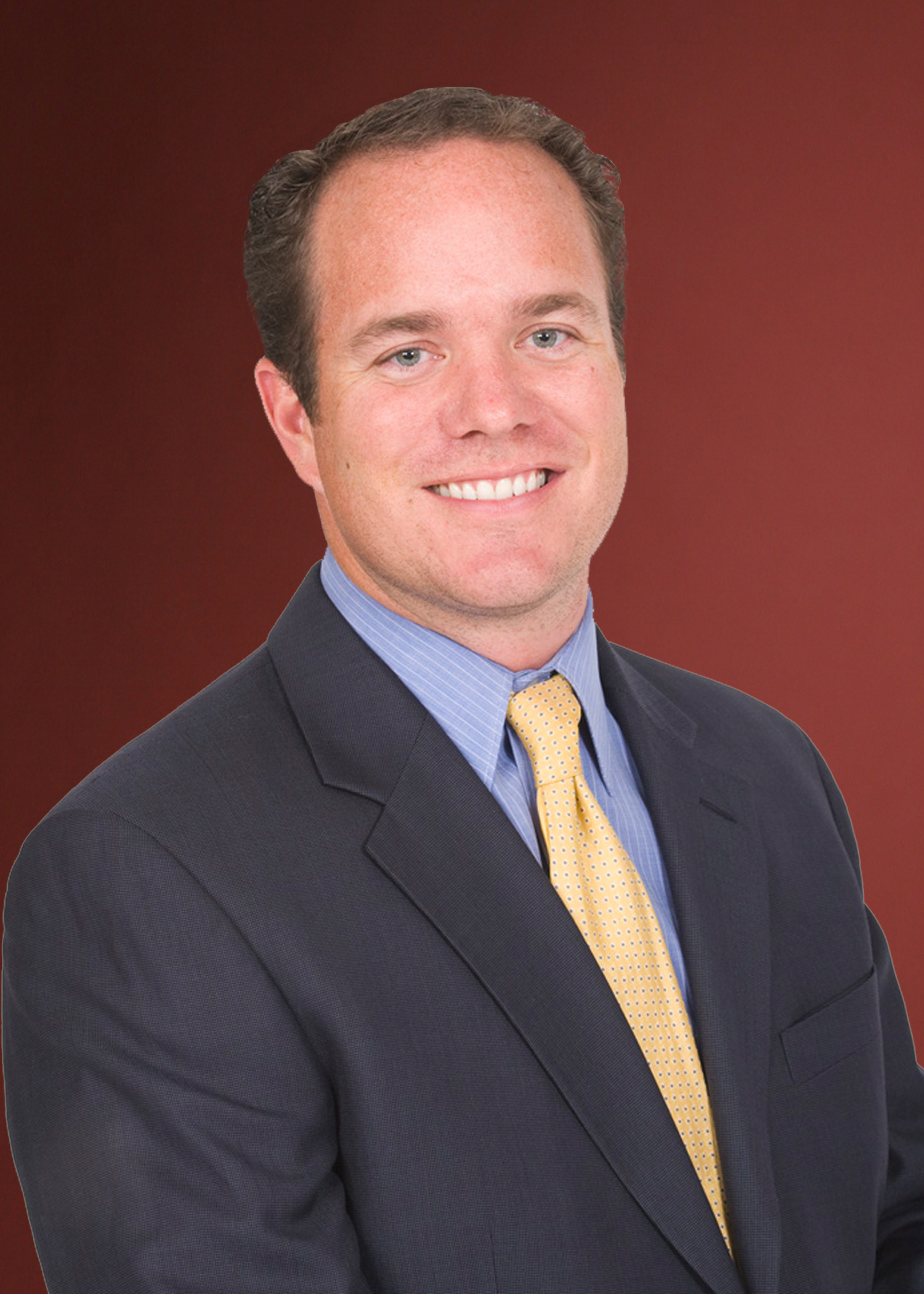 Young physicians just beginning their practices don't have patients lined up for them on the first day; they need to build their practice, and the success of the group as a whole depends on their ability to experience growth. Here are six tactics for senior partners to help junior physicians build and expand their patient base.
Young physicians just beginning their practices don't have patients lined up for them on the first day; they need to build their practice, and the success of the group as a whole depends on their ability to experience growth. Here are six tactics for senior partners to help junior physicians build and expand their patient base. 1. Partner junior surgeons with senior surgeon mentors. Senior surgeons at the practice can mentor junior surgeons on the best tactics for marketing and building a healthy case volume in their community. Most physicians right out of school have very little experience with business and marketing, but these skills are important for a successful career.
"Marketing your practice is like marketing anything else," says Michael Duffy, MD, a spine surgeon with Texas Back Institute in Plano. "You need to get your name, specialty and interests out there to the consumer — in this case, primary care physicians, internists and family practice physicians. You need to go out and stop by their offices and shake their hands. I teach our junior attending physicians to meet people in their medical community and introduce themselves."
Bring junior physicians into the board meetings and management discussions as well. "As a big group, all partners must be involved in the decision-making process," says A. Nick Shamie, MD, a spine surgeon at UCLA Health System. "When a new physician comes on, define how the practice is going to grow as a whole."
 2. Build upon their strengths. Ara Deukmedjian, MD, founder and medical director of Deuk Spine Institute in Melbourne, Fla., says it's important to know the strengths and weaknesses of new partners and understand their comfort level with different procedures. "Build on their strengths," he says. "Be willing to teach your new partner how you successfully manage certain conditions and give them time to adapt and learn. Remember, if your new partner succeeds there may be an indirect benefit to you in the form of more referrals from the community so do everything you can to help them succeed."
2. Build upon their strengths. Ara Deukmedjian, MD, founder and medical director of Deuk Spine Institute in Melbourne, Fla., says it's important to know the strengths and weaknesses of new partners and understand their comfort level with different procedures. "Build on their strengths," he says. "Be willing to teach your new partner how you successfully manage certain conditions and give them time to adapt and learn. Remember, if your new partner succeeds there may be an indirect benefit to you in the form of more referrals from the community so do everything you can to help them succeed."3. Begin and maintain communication with other providers. After initially meeting referring physicians and primary care providers, it will be important to communicate with them and maintain a healthy flow of information.
"Send referring physicians a letter about your visit with the patient so they understand how treatment is going," says Dr. Duffy. "Periodically, call the referring physician when the patient requires surgery sooner rather than later so you can discuss this decision with them."
Senior partners can coach junior partners about which details are most important to communicate to primary care physicians in the referral letter. "The senior partn
 ers have had more experience fostering those relationships and can help the junior partners obtain and maintain those relationships," says Dr. Duffy.
ers have had more experience fostering those relationships and can help the junior partners obtain and maintain those relationships," says Dr. Duffy.4. Participate in primary care physician education. Many established specialists are now leading lectures, luncheons and special courses for primary care physicians about identifying and treating back pain. Senior surgeons can bring junior surgeons along, and even incorporate their expertise into the presentations.
"Another way to become involved in the medical communities that we teach our young partners is to utilize medical teaching scenarios, such as dinner lectures with primary care physicians," says Dr. Duffy. "We can speak on different aspects of musculoskeletal medicine. By being actively involved in speaking and teaching, new physicians can meet referring physicians in their marketplace and show a willingness to be available for educational purposes."
Usually, the education takes place over a lunch and the specialist talks about various treatments for musculoskeletal conditions or maintaining health. They can also talk about common medications for back pain and medication management.
5. Stay accessible. As your practice begins to grow, young surgeons must maintain accessibility to really solidify their relationship with referring physicians and patients. Surgeons should be available when referring physicians call and work their patients into the schedule. They can also spend a few extra minutes at the end of the day, if necessary, to see patients with urgent, but not emergent, issues.
"Give primary care physicians your cell phone number and tell them if they ever have questions about whether to send over a patient, or would like guidance on treating a patient with chronic pain, you'll be available to help," says Dr. Duffy. "This is particularly helpful in the emergency setting too, so you can educate other providers about when patients need to be seen quickly by the spine specialists and which patients can be sent home with outpatient treatment."
6. Provide a fair opportunity for growth. The practice should have fair policies giving junior physicians an opportunity to grow their practices. Each new physician should be clear about the benchmarks they need to meet before becoming a full partner, and senior surgeons should clear a pathway for the new physician.
"Put expectations out in the open, like with any other relationship," says Dr. Shamie. "It's really important to have a fair environment for the new physicians to grow their practice. The vision needs to be that the junior physicians and senior partners can grow the entire practice together, but oftentimes senior partners think bringing a new surgeon onboard will cut into their patient base."
Senior surgeons may need to initially pass a few new patients to the young surgeons, but with time the practice as a whole stands to gain significant case volume.
More Articles on Spine Surgeons:
5 Steps for Spine Surgeons to Run Top OR Teams
5 Steps to Translate Spine Innovation to the Operating Room
5 Qualities of Spine Center Leaders for Today & Tomorrow


